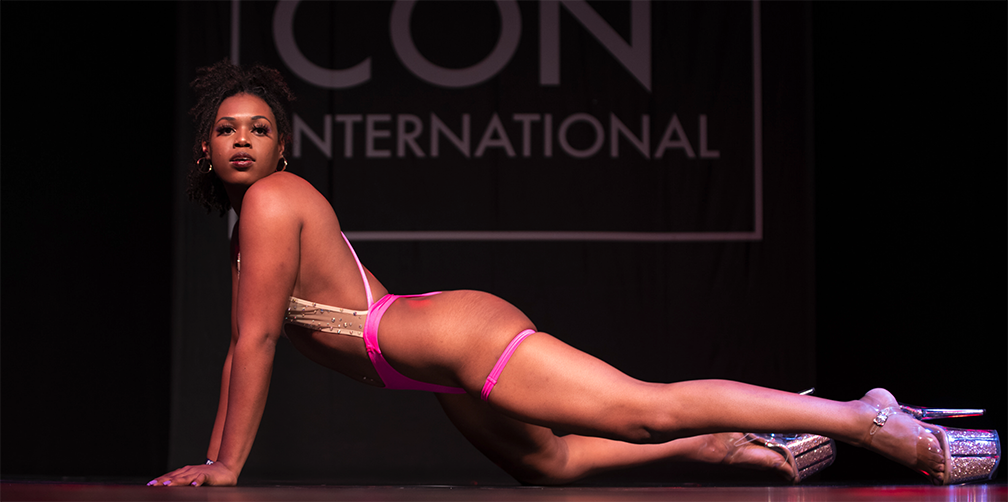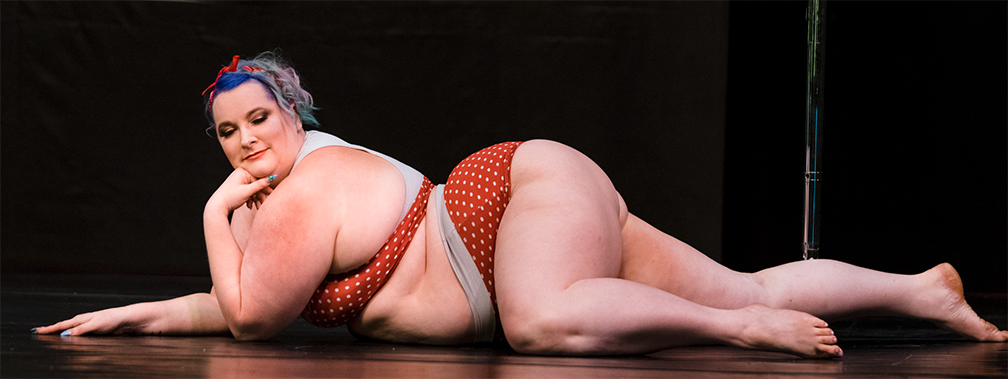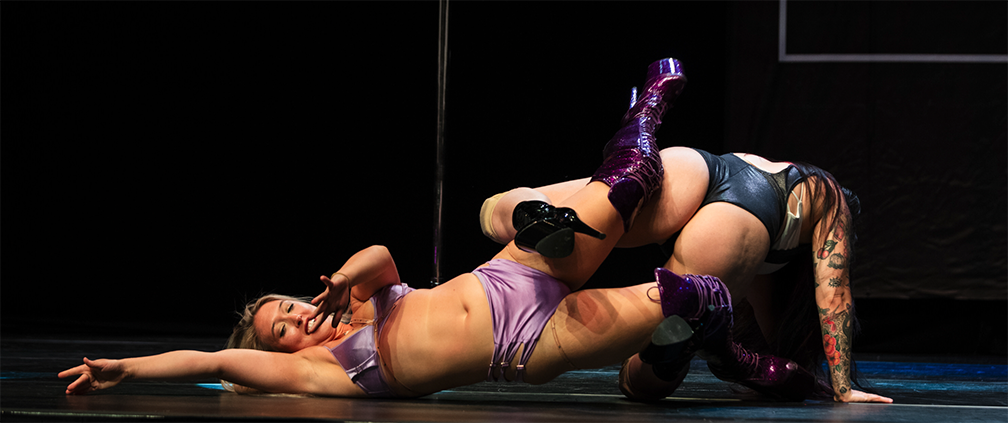
Appreciating the Mind and Body Connection
Have you ever felt disconnected from your body?
I have. As a child, I wasn’t very active. I didn’t do sports or dance and preferred to stay in my room and read, immersing myself in fantastical lands that seemed way more interesting than my “real” life.
When I saw dancers and athletes on TV I thought, “wow! Those are some really amazing people. I could never be like them.”
Since I wasn’t introduced to movement at a young age, as I got older, I just presumed that athletic pursuits would never be for me. My body and I never really “got along”—it didn’t do what I wanted, and it didn’t look the way I wanted. I certainly didn’t think a lot about how it felt! It wasn’t until I had my motorcycle accident at age 19, that I started to appreciate my body and to try and connect with it.
Simple movements were so hard after my accident. I remember laying on my futon in my dorm room and looking at the water bottle across the room. All my friends who had been helping me recover had gone for the day and there I was, thirsty and unable to figure out how to get the maybe five feet across the room to get to the water bottle.
Fortunately, I’m pretty stubborn and despite all the doctors telling me that I’d never walk again, run again, or dance again, I figured out how to get across the room that day and I started down a journey not just to help heal my body but to re-establish a connection between my mind and my body.
If we were going to get through recovery, learn to walk again, and graduate college—my main goals at the time—we needed to work together.
Science is continuing to explore how our minds and our bodies are connected. In some cases, modern researchers are rediscovering ancient techniques like breathing and applying them in new contexts. In other cases, they are using modern techniques to connect our minds with machines, like in those cases when we need new body parts.
“The mind body connection is far from a myth; it is a biological fact, and an essential link to understand when it comes to our whole body health.” Emeran Mayer, MD The Mind Gut Connection
Identifying our mindset
The most foundational way that our minds and our bodies are connected are through our “mindset.” Your mindset is your paradigm, your life’s philosophy, or your set of accepted beliefs. You could have a fundamental belief that you’re not a “movement person” for instance, or maybe instead that you are instead, a “hard core athlete.” Maybe you’ve had an injury and now you feel like you are a “person who is injured” and maybe that simple statement has a host of beliefs and feelings associated with it about what you can and cannot do now and in the future.
Your mindset influences your ability to do and not do several things. Maybe you’re a person who “could never” be a dancer or is “too old” to get their splits. Maybe you apply these beliefs to others regarding what is “acceptable” silently (or not so silently) judging them or maybe you just apply these restrictions to yourself. In any case, your brain is a pretty magical thing that can help create and growth the reality that you believe in.
Ever heard of the term “self-fulfilling prophecy”? Mindset is kind of like that.
“Oh, I could never run a marathon” turns into you never running a marathon. Not because you couldn’t physically run a marathon with proper training, time, and support tailored for your specific needs but because you didn’t first believe you could.
The first step to doing anything in life is to believe that you could do that thing.
If an idea is too outlandish for us to believe—like maybe the idea of running a marathon to someone who’s never run a day in their life and hates running is a bit of a stretch—then our brains are unlikely to accept that belief and we’ll stay on the couch instead of lacing up our running shoes. If instead, we have a “growth mindset” and we first believe that we can change, improve, and grow from where we are now then we work towards visualizing small steps to eventually achieving to a bigger goal. In this way, taking small steps, we might actually slowly start to believe we can achieve anything we set our minds to!
A study done in the 1960s by Robert Rosenthal discovered just how powerful are brains are in manifesting actions into physical reality. He called it the “Pygmalion effect” after the Greek story where the sculptor creates a woman out of ivory and loves her so much she turns into a real woman (with a little help from the gods of course). The study took a group of students, tested them, and then informed them that they were “academic superstars” and had “the most potential for academic growth.” Their teachers were specifically told not to give these students any more or less attention than any of the other students who didn’t receive these same accolades. At the end of the year, the students were all retested. The ones that were told they were “super stars” actually became academic superstars with off-the-charts results!
The twist is, when the students were originally tested, they were completely ordinary with regular test scores and presumably regular abilities. Telling them they were smart allowed them to internalize that positive information which in turn reflected in their words and their actions, propelling them to actually increase their intellectual ability! How amazing and awesome and is that!?
This same phenomenon works for athletes too. Athletes that believe they are better, actually perform better than those that have lower confidence in their abilities.
To start really listening to your body and learning how to communicate with it, you’ll first need to believe, really believe that you can actually change, improve, and grow.
Now you need to commit to the belief that you could change. Maybe we’ll start even smaller and add one tiny word the next time we start to restrict our beliefs. This one little word can leave the door open to lots of future opportunities!
Try Now: The next time you start to say or think that you can’t do something, add the word: “yet.”
“I can’t run a marathon” which sounds very final and self-limiting, becomes more growth-oriented and change-positive: “I can’t run a marathon, yet.”
Now you’ve left the door open for one day, with the right help and support, that you can do anything!
- PoleCon Hub Page: PoleCon Info - April 25, 2025
- Interview with New PoleCon Instructor: Aerial Crystal - April 4, 2025
- Interview with New PoleCon Instructor: Asia Q - February 21, 2025


